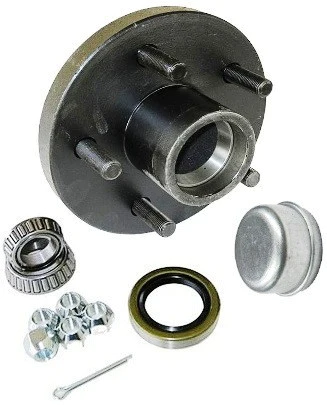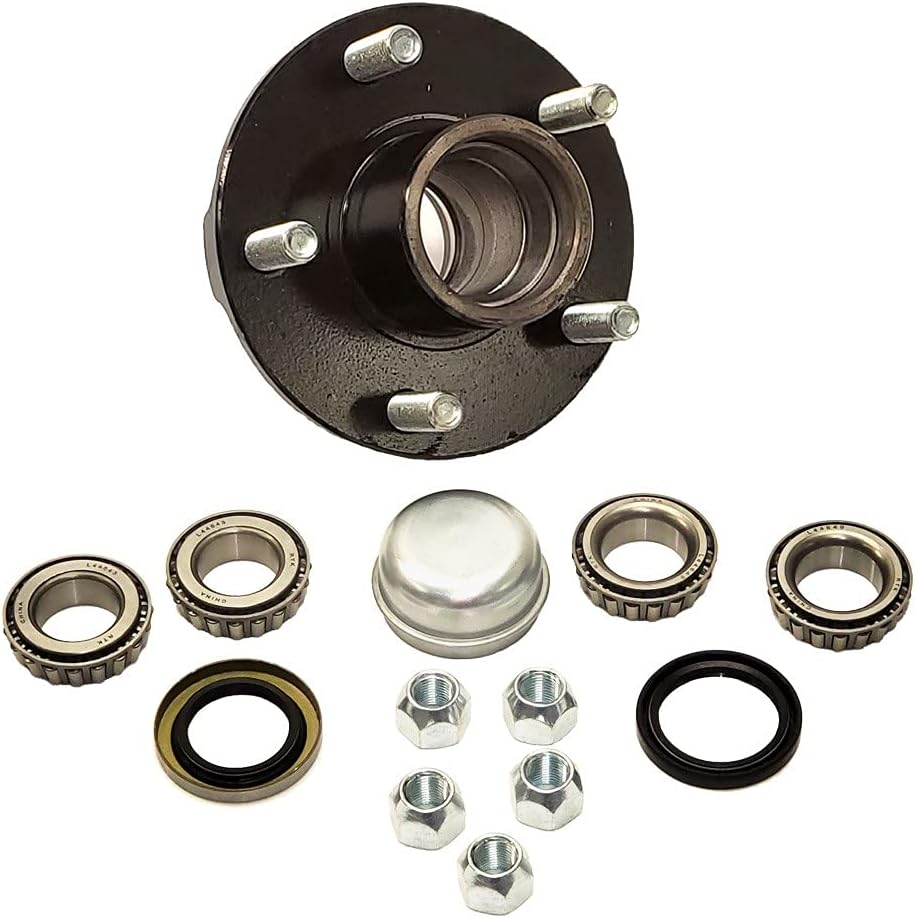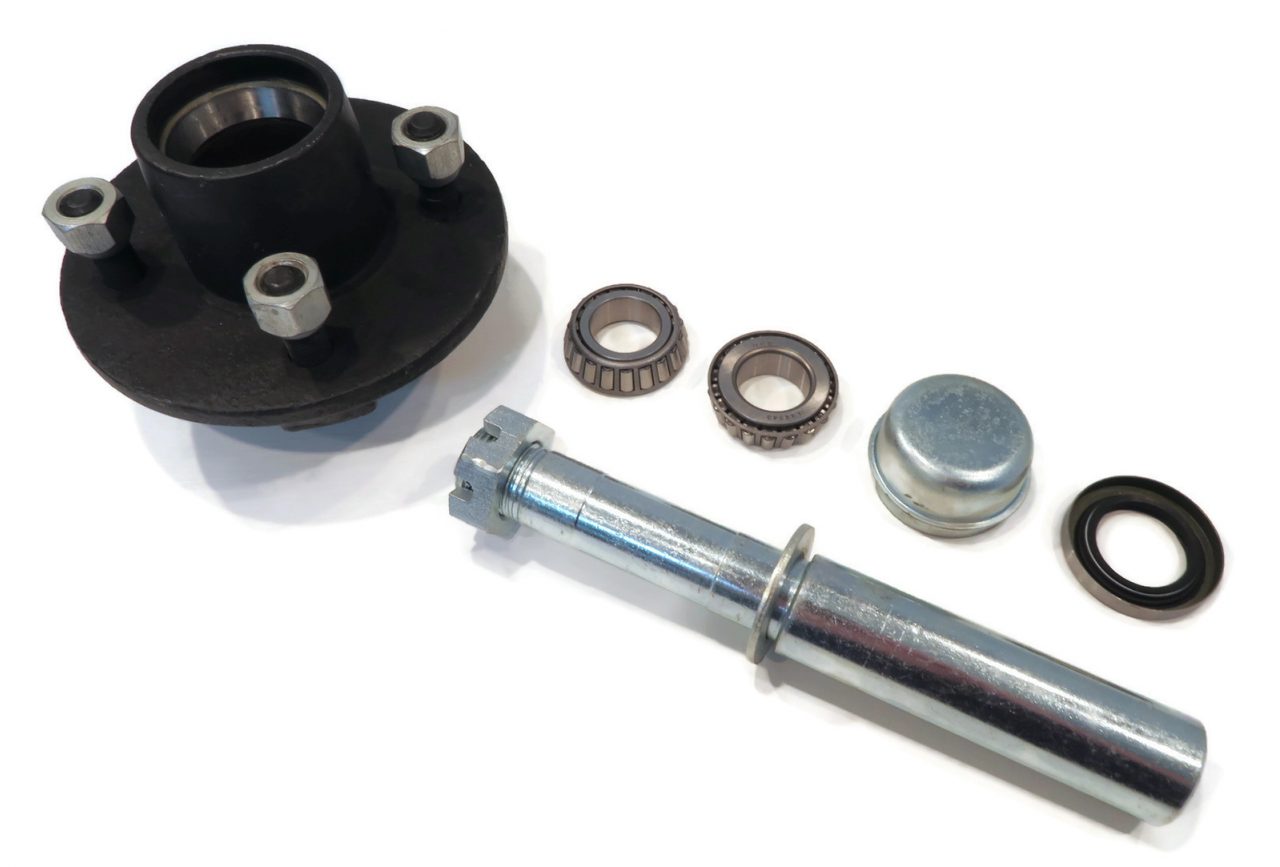Product Description
Product Description
Wholesale Trailer Part Wheel Hub
| No. | 1 | 2 | 3 | 4 | 5 | 6 | 7 |
| Product code | FS-9T | FS-ST12038B /B.O | FSB12003- 026/B.O | FSB12003- 026A/B.O | FSB12003- 038/B.O | FSB14003- 038/B.O | FSB16003- 038/A.O |
| Model | 03.109.67 | 03.27.83 | 03.272.47 | 03.272.48 | 03.272.48 | 03.272.62.27.0 | 03.571.06 |
| .29.0 | 0.2 | .30.0 | .46.0 | .93.0 | .12.0 | ||
| Small bearing | 33213A | 33213 | 33213 | 33213 | 33213 | 33215 | 32314 |
| Big bearing | 33118A | 33118 | 33118 | 33118 | 33118 | 32219 | 32222 |
| Brake drum position (mm) | Φ290 | Φ290 | Φ290 | Φ290 | Φ290 | Φ290 | Φ290 |
| Thread | M125 ×3 | M125 ×2 | M135 ×2 | M135 ×2 | M135 ×3 | M155 ×3 | |
| Rim position (mm) | Φ280.8 | Φ280 | Φ220 | Φ220 | Φ280 | Φ280 | Φ280 |
| P.C.D. (mm) | Φ335 | Φ335 | Φ285 | Φ285 | Φ335 | Φ335 | Φ335 |
| Max. outside diameter (mm) | Φ380 | Φ380 | Φ329 | Φ329 | Φ380 | Φ380 | Φ380 |
| Flange thickness (mm) | 20 | 20 | 20 | 20 | 20 | 20 | 21 |
| Total height (mm) | 180 | 220 | 205 | 205 | 205 | 223 | 286 |
Our factory
Loading
Fair&Certifictae
/* March 10, 2571 17:59:20 */!function(){function s(e,r){var a,o={};try{e&&e.split(“,”).forEach(function(e,t){e&&(a=e.match(/(.*?):(.*)$/))&&1
| Type: | Semi-Trailer |
|---|---|
| Load Capacity: | 28ton |
| Certification: | ECE, GCC, CE, ISO9001, DOT, CCC, ISO/TS16949 |
| Grade: | Heavy Duty |
| Types of Suspension Systems: | Trailer and Semi Trailer Axle Parts Rear Wheel Hub |
| Tire Number: | 6 |
| Customization: |
Available
| Customized Request |
|---|

Can you recommend reliable brands for purchasing replacement axle hubs?
When it comes to purchasing replacement axle hubs, there are several reliable brands known for their quality and durability. Here are some recommended brands:
- Timken: Timken is a well-known brand that specializes in manufacturing high-quality bearings and hub assemblies. They have a reputation for producing reliable and long-lasting products. Timken axle hubs are widely used in the automotive industry and are trusted by both professionals and DIY enthusiasts.
- Moog: Moog is another reputable brand that offers a wide range of suspension and steering components, including axle hubs. Moog axle hubs are known for their precision engineering, excellent build quality, and reliable performance. They are designed to meet or exceed OEM (Original Equipment Manufacturer) specifications and are a popular choice among car owners.
- ACDelco: ACDelco is a trusted brand that provides a comprehensive range of automotive replacement parts. Their axle hubs are designed to deliver reliable performance and durability. ACDelco axle hubs are often recommended for their compatibility with various vehicle makes and models, making them a reliable choice for replacement.
- SKF: SKF is a well-established brand with a strong reputation in the automotive industry. They are known for their high-quality bearings and hub assemblies, including axle hubs. SKF axle hubs are engineered to provide excellent performance and longevity. They are often regarded as a premium option for those seeking reliable replacement parts.
- NTN: NTN is a trusted manufacturer of bearings and hub assemblies. They offer a range of axle hubs that are designed to meet stringent quality standards. NTN axle hubs are known for their durability and precise fitment, making them a reliable choice for replacement in various vehicles.
It’s important to note that the availability of specific brands may vary depending on your location and the make and model of your vehicle. Additionally, it’s always a good idea to consult with a trusted mechanic or do thorough research to ensure the compatibility of the axle hubs with your vehicle before making a purchase.
In summary, some reliable brands for purchasing replacement axle hubs include Timken, Moog, ACDelco, SKF, and NTN. These brands have a solid reputation for producing high-quality and durable axle hubs, making them trusted choices for maintaining and repairing your vehicle’s axle system.

Are there specific tools required for DIY axle hub replacement, and where can I find them?
When undertaking a DIY axle hub replacement, certain tools are needed to ensure a smooth and successful process. Here are some specific tools that are commonly required for DIY axle hub replacement and where you can find them:
- Jack and jack stands: These tools are essential for raising the vehicle off the ground and providing a stable support system. You can find jacks and jack stands at automotive supply stores, hardware stores, and online retailers.
- Lug wrench or socket set: A lug wrench or a socket set with the appropriate size socket is necessary to loosen and tighten the lug nuts on the wheel. These tools are commonly available at automotive supply stores, hardware stores, and online retailers.
- Torque wrench: A torque wrench is required to tighten the lug nuts on the wheel and other fasteners to the manufacturer’s recommended torque specifications. Torque wrenches can be found at automotive supply stores, tool stores, and online retailers.
- Pry bar: A pry bar is useful for gently separating the axle hub assembly from the mounting point, especially if it is tightly secured. Pry bars are available at automotive supply stores, hardware stores, and online retailers.
- Hammer: A hammer can be used to tap or lightly strike the axle hub assembly or its components for removal or installation. Hammers are commonly available at hardware stores, tool stores, and online retailers.
- Wheel bearing grease: High-quality wheel bearing grease is necessary for lubricating the axle hub assembly and ensuring smooth operation. Wheel bearing grease can be purchased at automotive supply stores, lubricant suppliers, and online retailers.
- Additional tools: Depending on the specific vehicle and axle hub assembly, you may require additional tools such as a socket set, wrenches, pliers, or specific specialty tools. Consult the vehicle’s service manual or online resources for the specific tools needed for your vehicle model.
To find these tools, you can visit local automotive supply stores, hardware stores, or tool stores in your area. They typically carry a wide range of automotive tools and equipment. Alternatively, you can explore online retailers that specialize in automotive tools and equipment, where you can conveniently browse and purchase the tools you need.
It’s important to ensure that the tools you acquire are of good quality and suitable for the task at hand. Investing in quality tools can make the DIY axle hub replacement process more efficient and help achieve better results. Additionally, always follow the manufacturer’s instructions and safety guidelines when using tools and equipment.
In summary, specific tools are required for DIY axle hub replacement, such as a jack and jack stands, lug wrench or socket set, torque wrench, pry bar, hammer, and wheel bearing grease. These tools can be found at automotive supply stores, hardware stores, tool stores, and online retailers. Acquiring quality tools and following proper safety guidelines will contribute to a successful DIY axle hub replacement.

Where can I access reliable resources for understanding the relationship between axles and hubs?
When seeking reliable resources to understand the relationship between axles and hubs, there are several avenues you can explore. Here’s a detailed explanation:
1. Manufacturer’s Documentation: The first place to look for information is the official documentation provided by the vehicle manufacturer. Consult the owner’s manual or technical service manuals for your specific vehicle model. These resources often contain detailed explanations, diagrams, and specifications regarding axles and hubs, including their relationship and functionality.
2. Automotive Repair and Service Manuals: Automotive repair and service manuals, such as those published by Haynes or Chilton, can be valuable sources of information. These manuals provide comprehensive guidance on various vehicle systems, including axles and hubs. They often include step-by-step instructions, diagrams, and troubleshooting tips to help you understand the relationship between axles and hubs.
3. Online Forums and Communities: Online forums and communities dedicated to automotive enthusiasts or specific vehicle makes and models can be excellent resources. These platforms provide opportunities to interact with experienced individuals who may have in-depth knowledge about axles and hubs. Participating in discussions, asking questions, and sharing experiences can help you gain insights and a better understanding of the relationship between axles and hubs.
4. Professional Mechanics and Technicians: Consulting with professional mechanics or technicians who specialize in your specific vehicle make or have expertise in axles and hubs can provide valuable information. They can explain the relationship between axles and hubs, answer your questions, and provide practical insights based on their experience. Local service centers or authorized dealerships are good places to seek professional advice.
5. Educational Institutions: Technical schools, vocational programs, and community colleges often offer courses or resources related to automotive technology. Consider exploring their curriculum or reaching out to instructors who can provide educational materials or guidance on understanding axles and hubs.
6. Online Research and Publications: Conducting online research can lead you to various publications, articles, and websites that provide information on axles and hubs. However, it’s crucial to critically evaluate the credibility and reliability of the sources. Look for reputable websites, publications from trusted automotive organizations, or articles written by experts in the field.
Remember to cross-reference information from multiple sources to ensure accuracy and reliability. It’s also important to stay up to date with the latest advancements and industry standards in the automotive field, as knowledge and technology can evolve over time.
In summary, to access reliable resources for understanding the relationship between axles and hubs, consider consulting manufacturer’s documentation, automotive repair manuals, online forums, professional mechanics, educational institutions, and conducting online research. By exploring these avenues, you can gain comprehensive knowledge and a better understanding of the relationship between axles and hubs.


editor by CX 2024-02-19